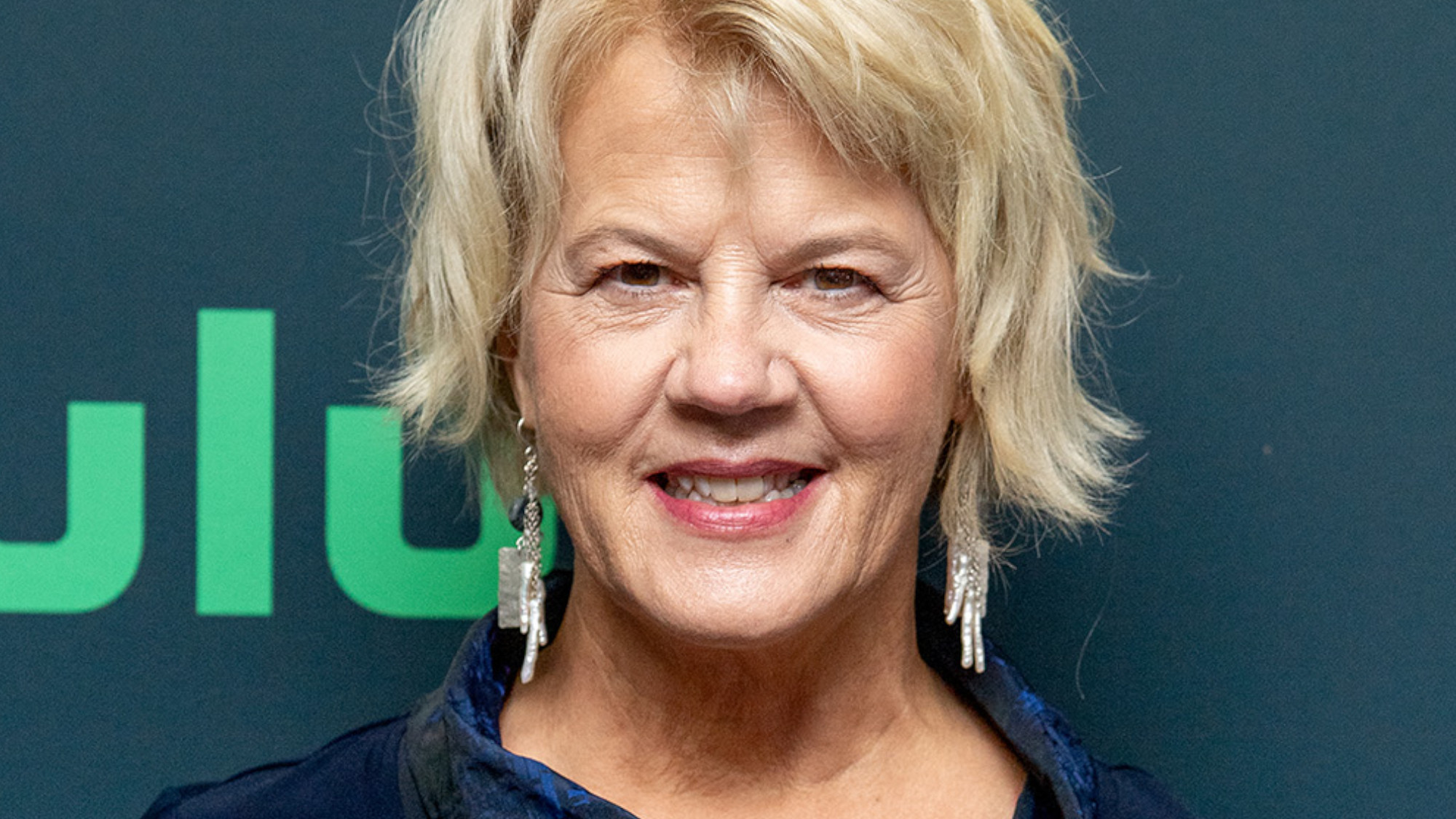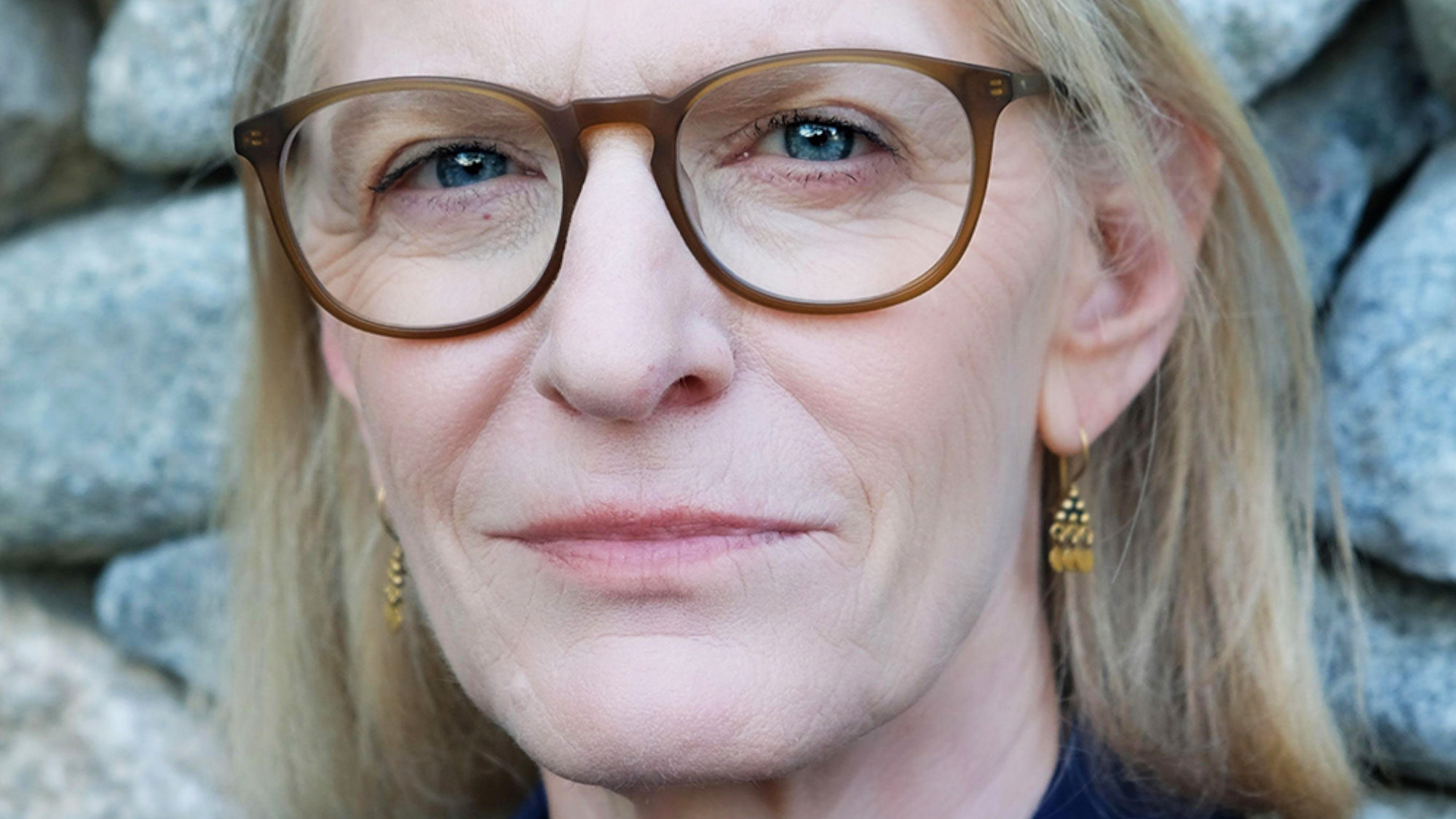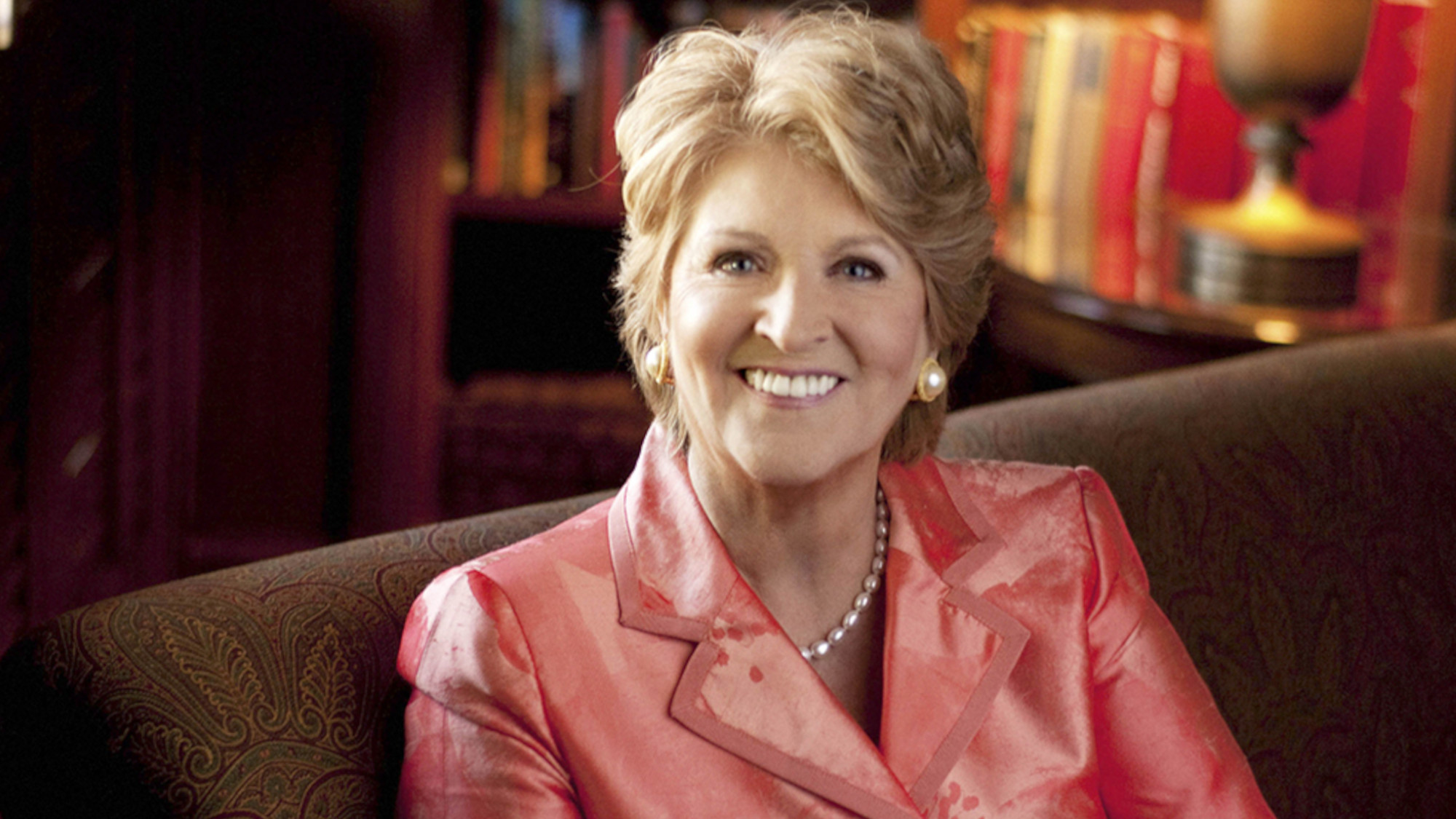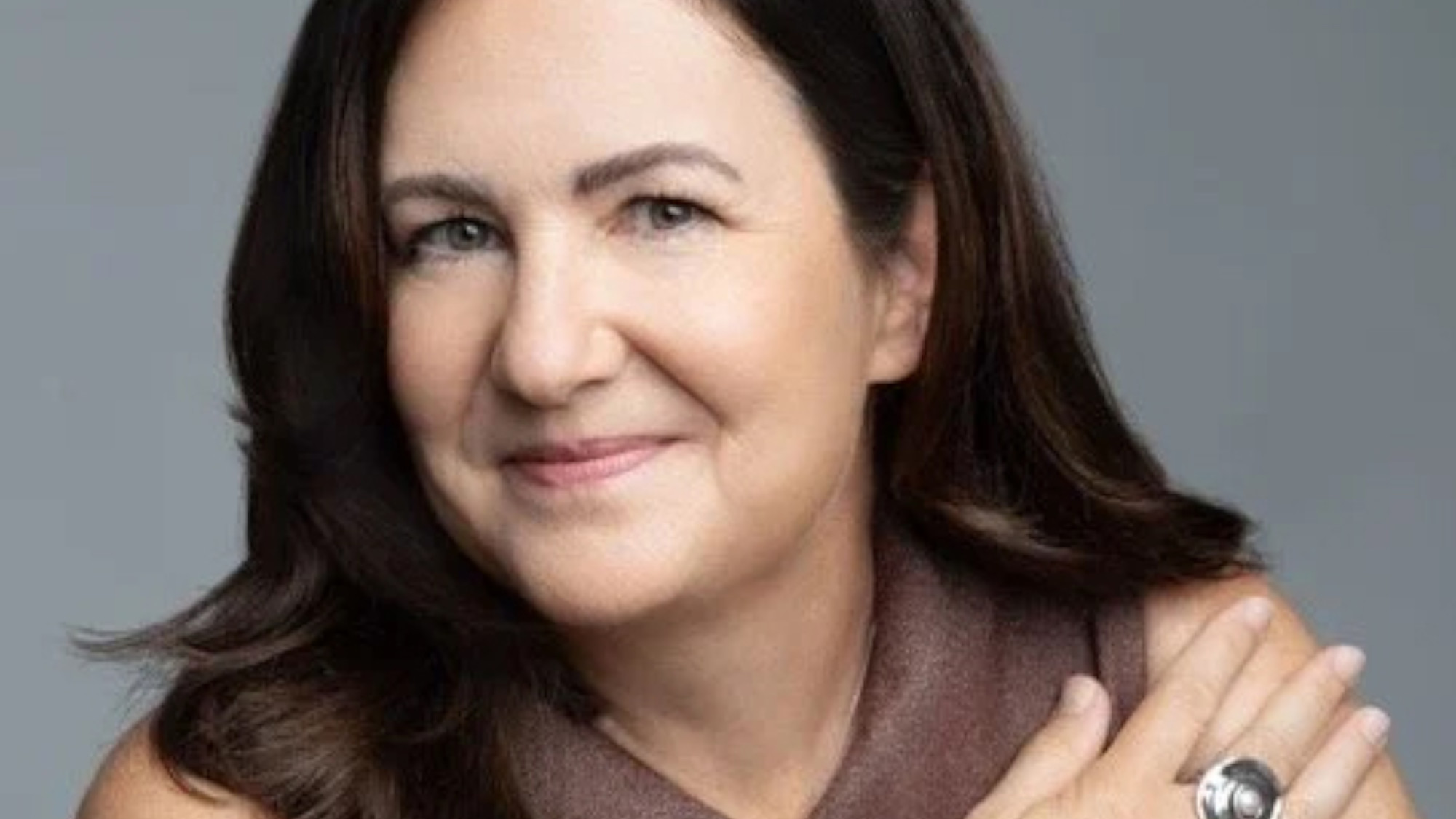Best books … chosen by Jacob Weisberg
Jacob Weisberg’s new book, The Bush Tragedy, uses Shakespeare to elucidate our current president’s travails. Below, the editor of Slate.com picks six books useful to interpreting today’s political landscape.
A free daily email with the biggest news stories of the day – and the best features from TheWeek.com
You are now subscribed
Your newsletter sign-up was successful
Henry IV, Parts 1 and 2 by William Shakespeare (SparkNotes, $8). How did Prince Hal transform himself from drunken ne’er-do-well into the pious warrior-king Henry V? And why did he really invade France? The analogy to George W. Bush is obvious. The insights into character and dynastic politics are not.
Dreams From My Father by Barack Obama (Three Rivers, $15). Would be a wonderful memoir even if it weren’t written by a presidential candidate. To get this level of candor and self-insight from a future politician is not just rare, but utterly unprecedented.
What It Takes by Richard Ben Cramer (Vintage, $24). Cramer set out to narrate the 1988 race and returned with the greatest book ever written about electoral politics. His New Journalism narrative depicts a generation that has since left the stage. But his accounts of George H.W. Bush, Bob Dole, and Richard Gephardt stand as insights about the politician’s psyche in any era.
The Week
Escape your echo chamber. Get the facts behind the news, plus analysis from multiple perspectives.

Sign up for The Week's Free Newsletters
From our morning news briefing to a weekly Good News Newsletter, get the best of The Week delivered directly to your inbox.
From our morning news briefing to a weekly Good News Newsletter, get the best of The Week delivered directly to your inbox.
Reagan’s America by Garry Wills (out of print). A model intellectual biography of a nonintellectual president. Of the many books about Ronald Reagan, this is the only one I’ve read that entirely explains him. You can’t help liking the protagonist, even if you deplore his ideas as much as the author does.
Primary Colors by Anonymous (Joe Klein) (Random House, $14). Sits on the short shelf of great novels about American politics, alongside Democracy by Henry Adams and All the King’s Men by Robert Penn Warren. This book set off a mad scramble to figure out who wrote it, because the author had obviously been in close proximity to Bill Clinton, and had the guy nailed.
The Second Civil War by Ronald Brownstein (Penguin, $28). Brownstein is one of America’s shrewdest political commentators. Here he breaks stride to argue, persuasively, that the causes of today’s much-decried hyperpartisanship are more structural than personal.
A free daily email with the biggest news stories of the day – and the best features from TheWeek.com
-
 Political cartoons for February 21
Political cartoons for February 21Cartoons Saturday’s political cartoons include consequences, secrets, and more
-
 Crisis in Cuba: a ‘golden opportunity’ for Washington?
Crisis in Cuba: a ‘golden opportunity’ for Washington?Talking Point The Trump administration is applying the pressure, and with Latin America swinging to the right, Havana is becoming more ‘politically isolated’
-
 5 thoroughly redacted cartoons about Pam Bondi protecting predators
5 thoroughly redacted cartoons about Pam Bondi protecting predatorsCartoons Artists take on the real victim, types of protection, and more
-
 Beth Macy’s 6 favorite books about living in a divided nation
Beth Macy’s 6 favorite books about living in a divided nationFeature The journalist recommends works by Nicholas Buccola, Matthew Desmond, and more
-
 Gilbert King’s 6 favorite books about the search for justice
Gilbert King’s 6 favorite books about the search for justiceFeature The journalist recommends works by Bryan Stevenson, David Grann, and more
-
 Nathan Harris’ 6 favorite books that turn adventures into revelations
Nathan Harris’ 6 favorite books that turn adventures into revelationsFeature The author recommends works by Kazuo Ishiguro, Ian McGuire, and more
-
 Marisa Silver’s 6 favorite books that capture a lifetime
Marisa Silver’s 6 favorite books that capture a lifetimeFeature The author recommends works by John Williams, Ian McEwan, and more
-
 Lou Berney’s 6 favorite books with powerful storytelling
Lou Berney’s 6 favorite books with powerful storytellingFeature The award-winning author recommends works by Dorothy B. Hughes, James McBride, and more
-
 Elizabeth Gilbert’s favorite books about women overcoming difficulties
Elizabeth Gilbert’s favorite books about women overcoming difficultiesFeature The author recommends works by Tove Jansson, Lauren Groff, and more
-
 Fannie Flagg’s 6 favorite books that sparked her imagination
Fannie Flagg’s 6 favorite books that sparked her imaginationFeature The author recommends works by Johanna Spyri, John Steinbeck, and more
-
 Jessica Francis Kane's 6 favorite books that prove less is more
Jessica Francis Kane's 6 favorite books that prove less is moreFeature The author recommends works by Penelope Fitzgerald, Marie-Helene Bertino, and more